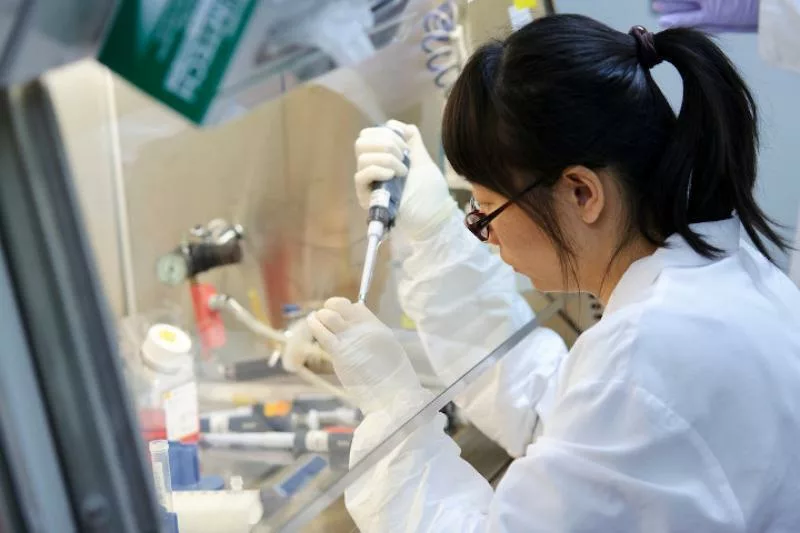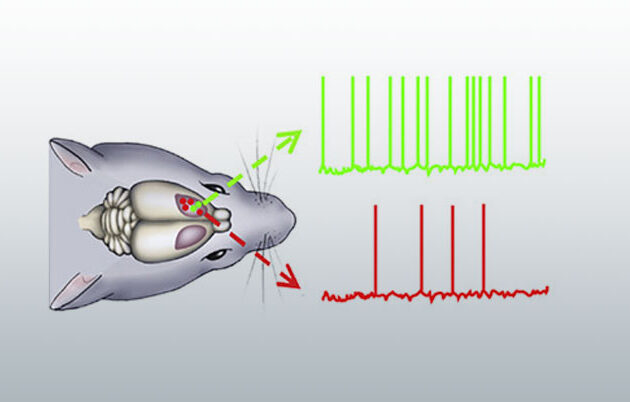Another focus area is professional development through programs like the popular Postdoctoral Training Course in Scientific Leadership. Andrew Cusick, the office’s career development officer, hosts numerous events per year to expose postdocs to the myriad of careers available to them. In addition, he is available for one-on-one, confidential career coaching, which Hurley says can be especially helpful in the current job market.
The office also knows that mentorship is key to the postdoc experience. While postdocs might mentor students in the lab, they also look to the lab’s principal investigator to mentor them. Institutions like UW–Madison are working hard to further mentor-mentee relationships between faculty members and postdocs.
Hurley and colleagues at other Big Ten institutions recently published an article in PLOS ONE that gained national attention. They reported on their efforts to collaborate on a training program to foster career progression of underrepresented postdoctoral researchers and promote institutional diversity and inclusion.
In their pilot program, postdocs received training on how to be a better mentee and faculty how to be a better mentor. Unique aspects of the program were that the individuals who were trained went back to their home institutions to train their peers, resulting in the training of 3,000 others. In addition, faculty were encouraged to bring along administrative staff to the training, which increased the likelihood that the training would continue at the individual institutions.
“Our work supported mentor-mentee training for junior faculty and postdocs, with the goal of diversifying the pipeline of researchers and other professionals working in the biomedical sciences,” Hurley explains. “We were able to report that coming together as a consortium of the Big Ten was highly effective and efficient and engaged a diverse group of trainees. We look forward to continuing this important work to continue to enhance the postdoc experience, particularly in the area of diversity and inclusion, at UW–Madison and elsewhere.”
The office also supports, through funding and oversight, the UW–Madison Postdoctoral Association. The group — run by postdocs, for postdocs — holds professional development events, as well as numerous social events to build community among postdocs on campus.
The Postdoctoral Association was behind this week’s fifth annual UW–Madison Postdoctoral Research Symposium. The virtual event celebrated postdoc research in short talks and a poster session on the first day, while the second day was devoted to professional development with a keynote speaker and panel. Professor Mindi Thompson, PhD, from the Department of Counseling Psychology gave a keynote on cultivating wellness in the midst of uncertainty. The highly diverse career panel included individuals who work at Mirus Bio, RAND Corporation, and on Microsoft’s Xbox team.
UW–Madison researchers were also involved in the national event for Postdoc Appreciation Week. Christine Pfund, PhD, a leading researcher on the science of mentoring who is affiliated with the School of Education and Institute for Clinical and Translational Research, served as one of its keynote speakers.
“I want to thank you for your important contributions to the research enterprise at UW–Madison,” said Steve Ackerman, PhD, Vice Chancellor for Research and Graduate Education, in a video addressing postdocs who attended the symposium this week. “The postdoc population is indispensable to UW–Madison as you perform a substantial portion of our campus’s research activity. Our office will continue to support you and your research and scholarly activities.”


